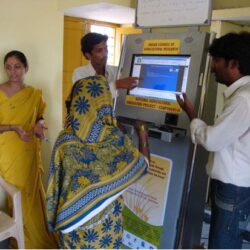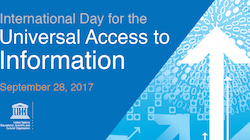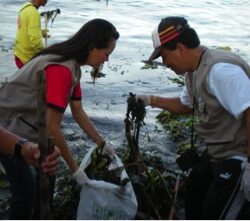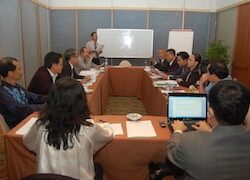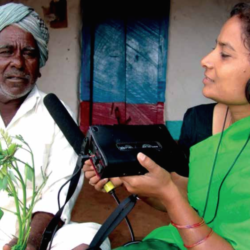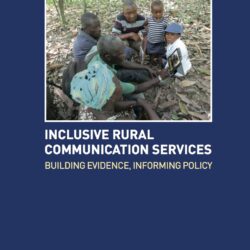ICTs support agricultural productivity in India
Amidst declining natural resources for production and the need to enhance livelihoods of those who depend on agriculture, India ventured on maximizing the potent of information communication technologies (ICTs) to address challenges in the agriculture sector. Bhalekar, Ingle, and Pathak (2015) studied some ICT projects on agriculture for rural development in India. Three of these projects focused on promoting agricultural development. Lessons from these studies indicate that ICTs can build up

